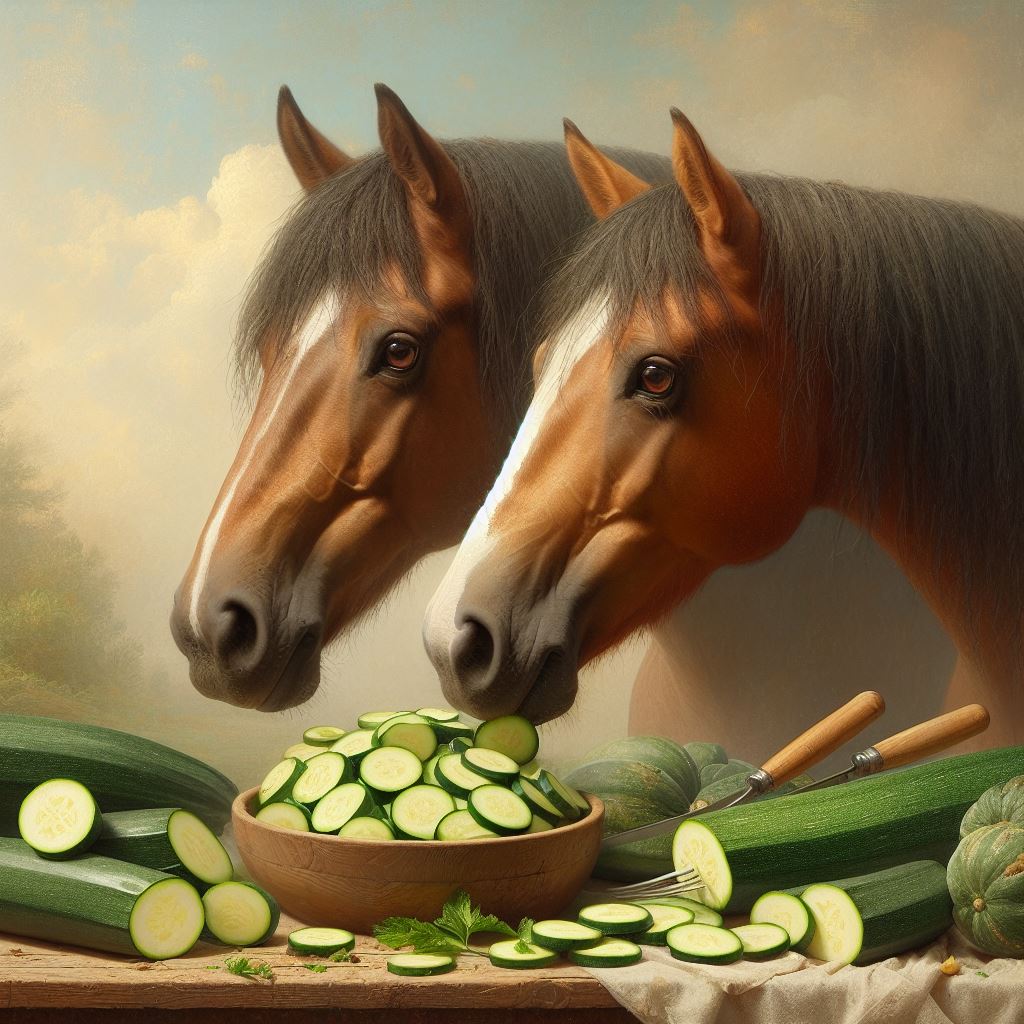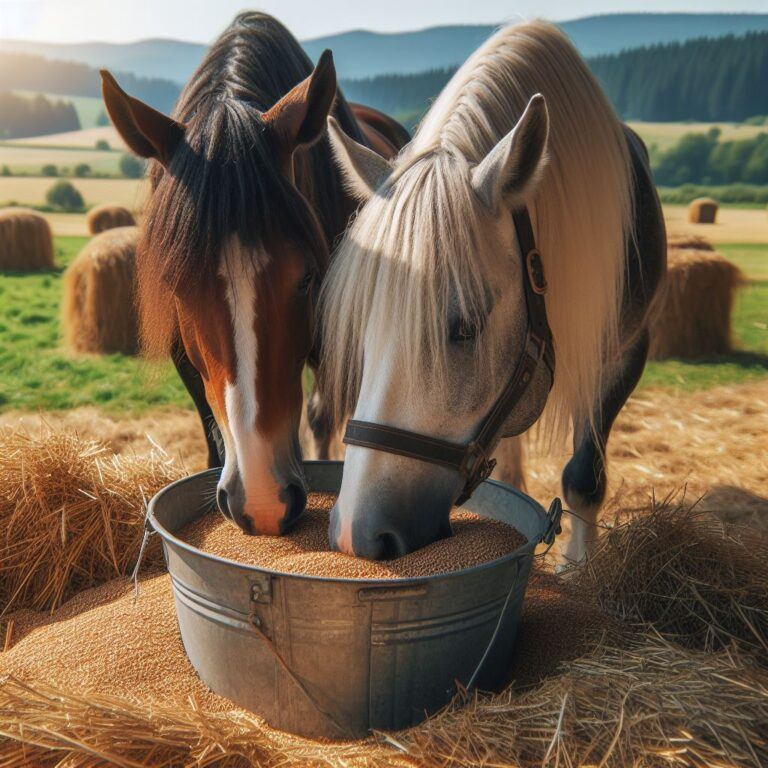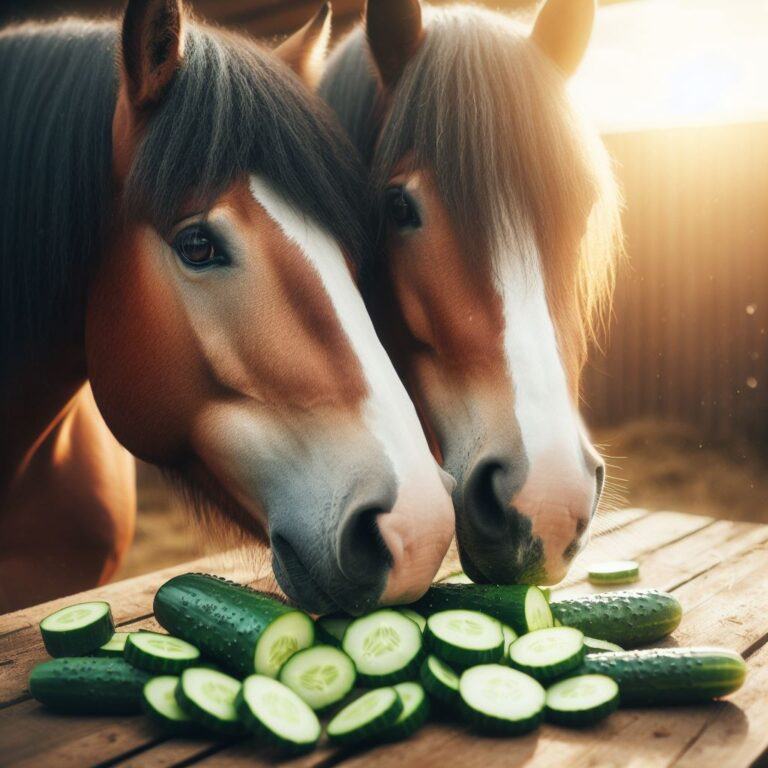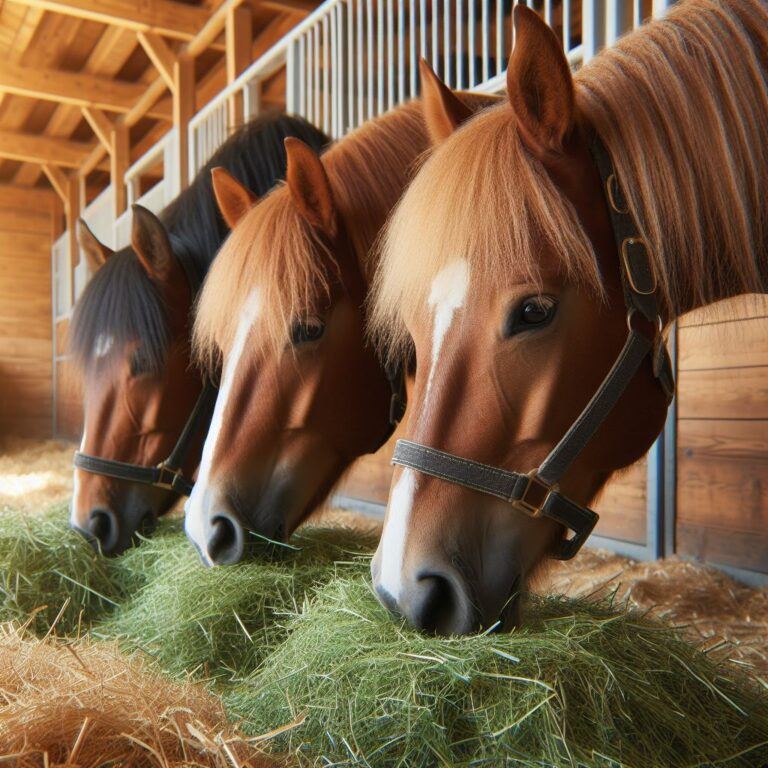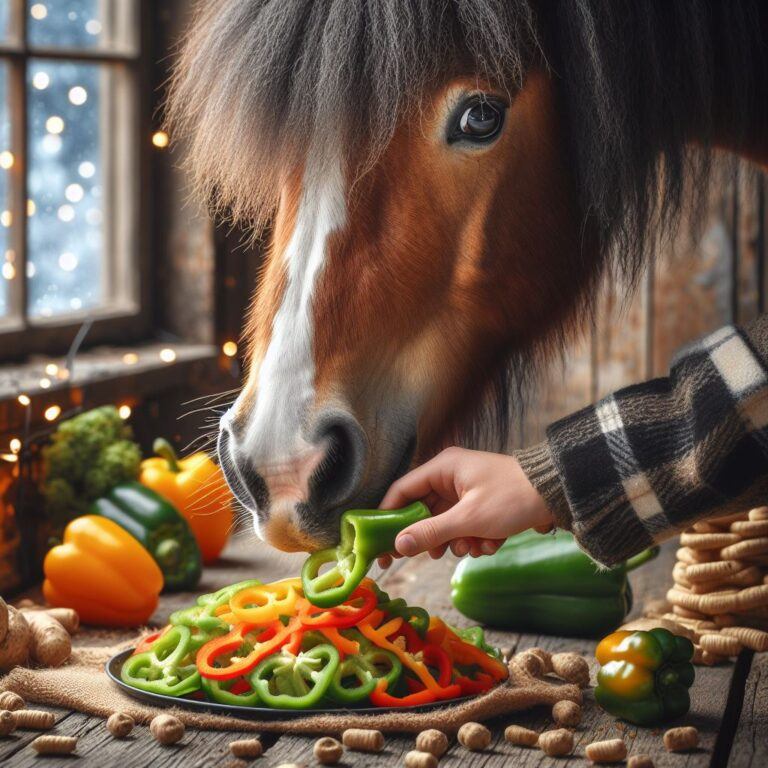Can Horses Safely Eat Zucchini
Yes, horses can safely eat zucchini. This vegetable is not only non-toxic but it also provides a range of vitamins and minerals beneficial to their health. Zucchini is low in sugar and calories, making it a suitable treat for horses, especially for those prone to obesity or metabolic disorders.
Why zucchini, you might wonder. I’ve looked into its nutritional profile, and it’s surprisingly well-suited for horses.
It’s rich in fiber, which is essential for smooth digestive function in horses and contains significant levels of potassium, vitamin C, and beta-carotene. These nutrients support a horse’s immune system, vision, and overall well-being.
However, the key to a healthy horse diet is moderation and variety. While zucchini can be a great addition, it should complement the primary diet of forage, including hay or grass.
It’s never wise to make sudden, large changes to a horse’s diet, as this can lead to digestive upsets or nutritional imbalances.
With that in mind, let’s talk about how to properly incorporate zucchini into your horse’s feeding routine. This leads us to the practical aspects of serving sizes, preparation, and understanding your horse’s unique dietary needs.
The Safe Way to Feed Zucchini to Your Horse
Zucchini can be a healthy snack for horses, but like any treat, it should be fed properly. Knowing the right way to add this vegetable to their diet is crucial.
Overfeeding or incorrect preparation could lead to health issues, such as choking or colic, particularly if a horse is unaccustomed to fresh vegetables.
Each horse is an individual with specific dietary needs. It’s essential to consider any pre-existing health conditions and normal diet before introducing new foods.
Some horses may have metabolic disorders, dental issues, or digestive sensitivities that could affect how they should be fed zucchini.
To introduce zucchini safely into your horse’s diet, always start with small pieces to avoid choking. Begin with a few bites and observe how your horse reacts over time.
Look for signs of enjoyment, such as eager eating, or signs of discomfort, which may indicate that the zucchini does not agree with them.
Increase the amount gradually over time if there are no negative reactions. This slow introduction allows your horse’s digestive system to adjust and can help you spot any adverse effects before they become more serious.
As you feed zucchini to your horse, make sure it’s washed to remove any pesticides or chemicals. Organic zucchini can be a safer choice, but washing is still a necessary step.
Always provide fresh zucchini since spoiled vegetables can cause digestive upset.
Monitoring your horse after introducing zucchini, or any new food, is crucial. If you notice any changes in their behavior, digestive function, or overall well-being, consult your veterinarian.
They can help you determine if zucchini is an appropriate treat for your horse and guide you on the best way to include it in their diet.
The Science Behind Zucchini’s Safety
The safety of zucchini for horses aligns with its digestibility and low sugar content, making it a suitable treat for horses, including those prone to laminitis, a condition exacerbated by high-sugar diets.
Experts in horse nutrition emphasize that while fruits and vegetables like zucchini can be a good addition to a horse’s diet, they should complement the horse’s primary fodder, never replace it.
These experts base their guidance on years of research into equine digestive systems, which are optimized for processing fibrous forage, not concentrated sugars and starches.
Besides their low sugar content, zucchinis provide horses with additional hydration and are rich in essential vitamins and minerals, contributing to overall health when fed as part of a varied and balanced diet.
Also, they contain antioxidants that can help reduce inflammation and improve recovery, which can be quite beneficial for active horses.
Always remember that each horse is unique. Therefore, it’s important to monitor our horse’s reaction to new foods like zucchini.
If you notice any changes in behavior or health, consult with a veterinarian to address potential dietary issues.

